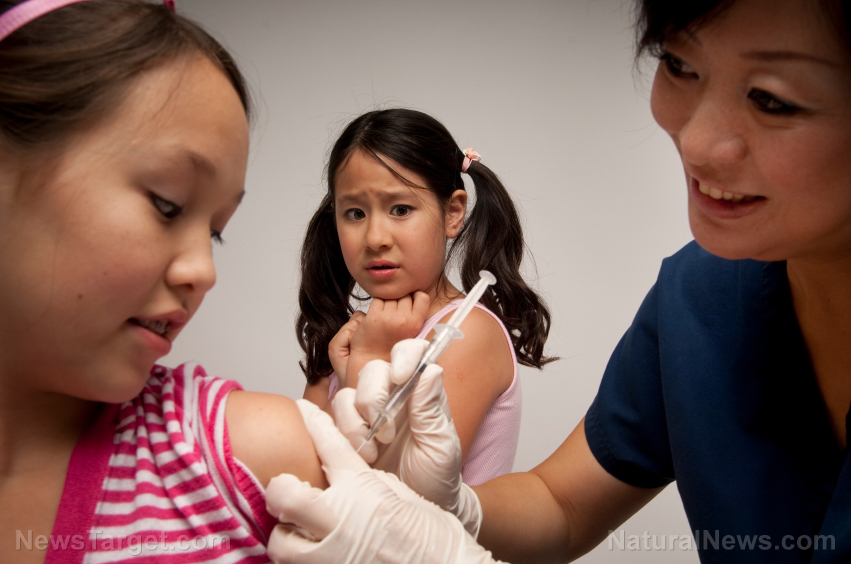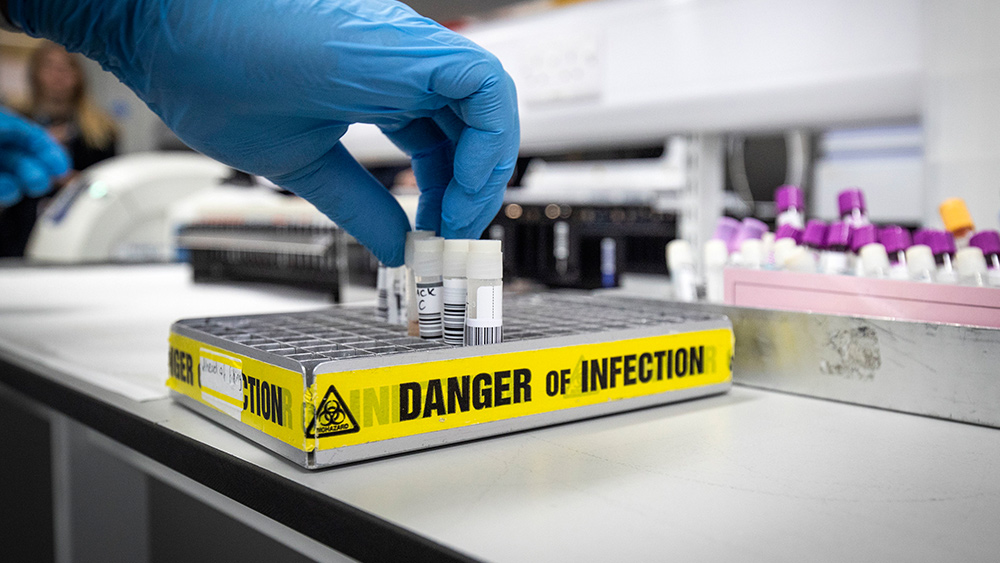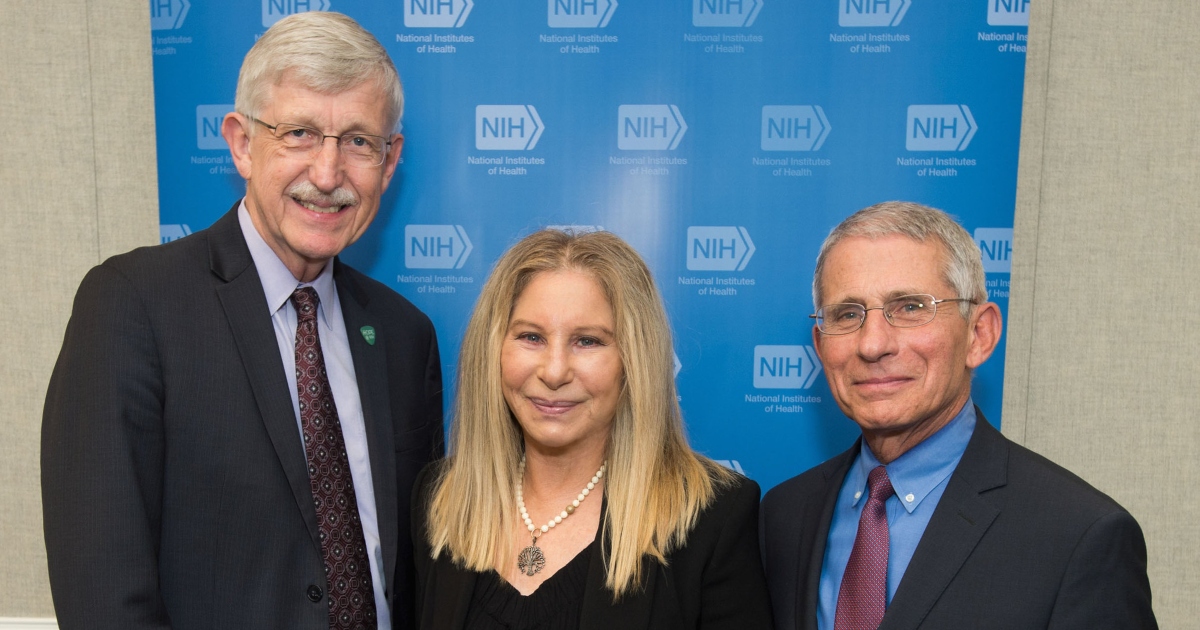
A stroke happens when oxygenated blood that flows through the arteries is prevented from reaching the brain. There are two types of strokes – an ischemic stroke happens when arteries are either blocked by fatty deposits or blood clots. Meanwhile, a hemorrhagic stroke happens when arteries burst, spilling blood in or around the brain.
Despite the kind of stroke that occurs, parts of the brain that do not get the oxygenated blood start to die. When the brain goes longer than five minutes with low oxygen, one can go into a a deep state of unconsciousness (coma), have uncontrolled, unwanted behaviors, movements, or sensations (seizures). Worse, the brain dies as there is no more measurable activity in it due to lack of oxygen.
In the study published in the Journal of the American Medical Association, scientists found evidence that blood transfusions from donors who later developed multiple brain bleeds may contribute to a slightly higher risk of hemorrhagic stroke in the recipients.
Researchers conducted a cohort study using nationwide blood bank and health data from more than a million patients, aged five to 80 years old, in Denmark and Sweden. The Swedish participants were recipients of blood cell transfusion between Jan. 1, 1970 and Dec. 31, 2017, while the Danish participants received transfusions between Jan. 1, 1980 and Dec. 31, 2017.
According to researchers, the recipients of blood transfusions from donors who later developed multiple spontaneous brain bleeds had a significantly higher risk of hemorrhagic strokes themselves compared with the patients transfused with blood from donors who didn't develop brain bleeds.
No stroke risk was observed in transfusion recipients from blood donors who just had a single brain bleed after donation.
These findings indicated a potential link between blood-borne factors and a type of stroke-causing blood vessel damage in the brain – a "transfusion-transmissible agent" referred to as cerebral amyloid angiopathy (CAA). Simply put, CAA is a condition in which proteins build up on the arterial walls in the brain (amyloid plaque) – making them fragile and subject to rupture, which can result in hemorrhagic stroke and cognitive decline or dementia.
"Even a modest increase in the hazard of future brain hemorrhages or dementia conferred by an uncommon – but as of now undetectable – donor trait would represent a substantial public health concern," wrote neurology professor Dr. Steven Greenberg at Harvard Medical School, in an editorial that accompanied the study.
Greenberg's editorial highlighted the seriousness of undetected trains that could be transmitted through blood donors – emphasizing the importance of identifying these factors to protect millions of people who need blood.
How to prevent a stroke
The American Heart Association says that up to 80 percent of strokes can be prevented through healthy lifestyle changes and working with professional healthcare practitioners to control and mitigate risk factors.
Researchers and brain and heart specialists recommend these ways to get you started on the road to prevention.
Eat a healthy diet. Nutrition is more important than weight loss so eat more fruits and vegetables, fish, legumes, nuts and seeds and whole grains. Cut back on heavily processed foods and beverages that often include unhealthy levels of added sugars, salt, saturated fats and trans fats that can raise "bad" cholesterol. (Related: Study: Popular sugar substitute erythritol linked to CARDIOVASCULAR ISSUES.)
Exercise regularly and consistently. Regular physical activity has been shown to support factors that reduce stroke risk – maintaining a healthy weight and lowering blood pressure and cholesterol levels. Avoid a highly sedentary lifestyle. Move around to keep your blood flowing and improve your health and overall well-being.
Quit, if you smoke. The chemicals in cigarette smoke cause the blood to thicken and form clots inside veins and arteries that can lead to a heart attack or a stroke.
Drink in moderation, if you drink alcohol. In general, the more alcohol you consume on the excessive side can lead to high blood pressure – putting you at greater risk of developing a stroke.
Keep your blood pressure under control. Smoking and unhealthy eating habits can push your blood pressure out of the healthy range. High blood pressure or hypertension is the leading cause of strokes.
Start preventive actions early. Recent research has shown that strokes can happen to young people as well – by the same factors that cause strokes in older adults, including diabetes, high blood pressure, high cholesterol, obesity and being overweight.
Work closely with a professional healthcare practitioner. People who have had strokes have a higher risk of having another one. Work with your trusted doctor to find out if you are experiencing a quivering or irregular heartbeat (atrial fibrillation) that can lead to blood clots and cause a stroke. Your healthcare provider can help you with your diet regimen and let you know what exercises will best respond to your needs.
"The rewards are enormous. It's not just for preventing stroke, but for preventing dementia as well. You can do the same things to prevent both. You are killing two birds with one stone," said neurologist Dr. Cheryl Bushnell, director of the Comprehensive Stroke Center at Wake Forest Baptist Health in Winston-Salem, North Carolina.
"The biggest mistake people make is they are overly ambitious, and then they fail and give up," said Dr. Vladimir Hachinski, a Canadian neurologist and global expert in the field of strokes
Visit HeartDisease.news for more stories about strokes and other cardiovascular diseases.
Watch the following video about stroke recovery through natural treatment.
This video is from the Holistic Herbalist channel on Brighteon.com.
More related stories:
Small lifestyle modifications lead to a big reduction in stroke risk.
Green tea consumption shown to lower stroke risk by nearly 30 percent.
Eating tomatoes is shown to slash stroke risk in half.
Sources include:
Stroke.org [PDF]
Please contact us for more information.





















